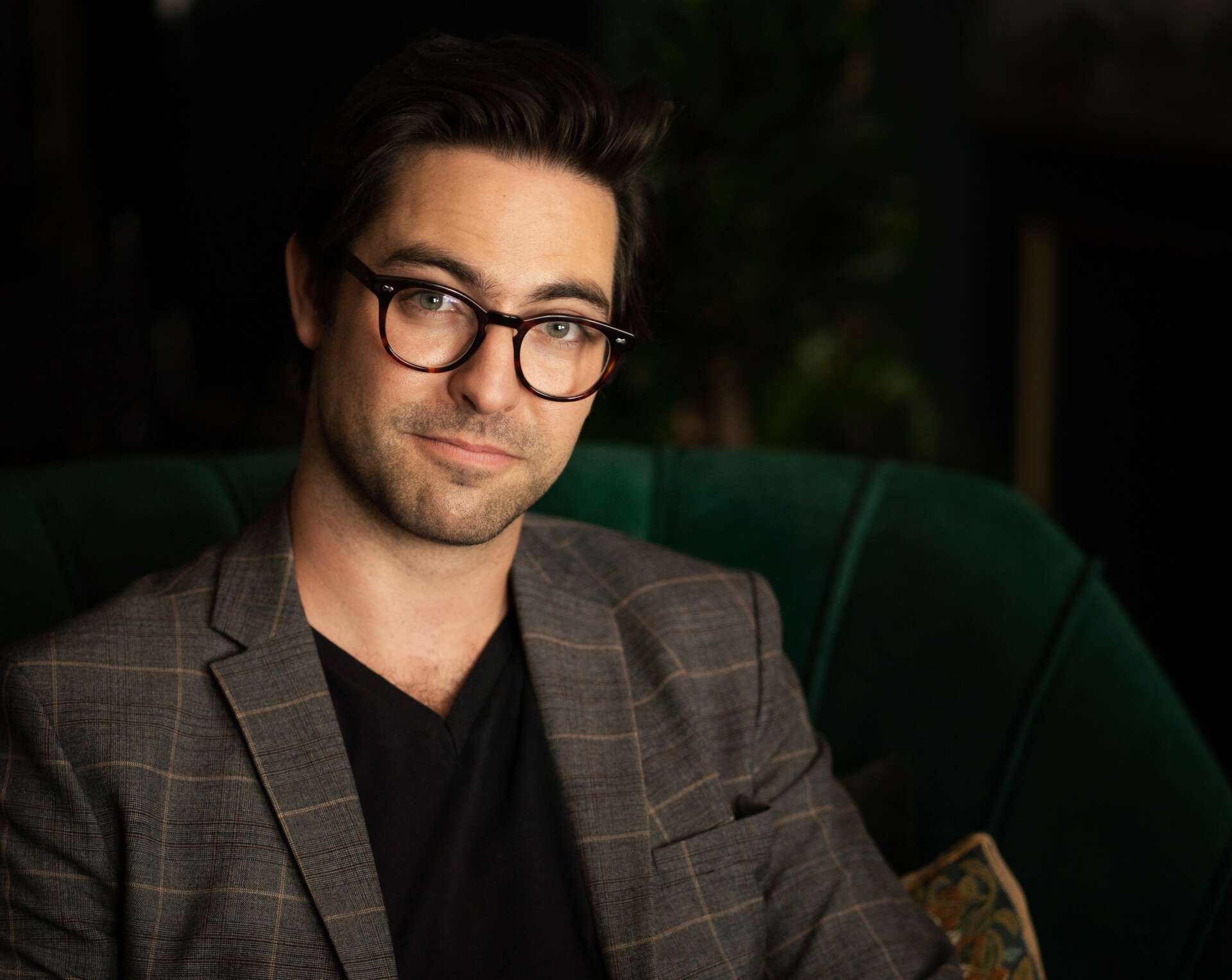Alright – so today we’ve got the honor of introducing you to Patrick Boylan. We think you’ll enjoy our conversation, we’ve shared it below.
Patrick, thanks for joining us, excited to have you contributing your stories and insights. One of the things we most admire about small businesses is their ability to diverge from the corporate/industry standard. Is there something that you or your brand do that differs from the industry standard? We’d love to hear about it as well as any stories you might have that illustrate how or why this difference matters.
Yes! My cofounders and I are building a music education app called MuseFlow. It turns music education on its head by teaching students how to play piano through sight reading – the act of reading music at first sight. Traditional music education relies on students practicing the same songs repeatedly until they’re perfect. The issue with this method is that students can easily become bored and don’t develop universal skills that can be applied to many different songs instead of just the songs they’re learning.
Our music education app offers personalized curricula that challenge users to apply new skills in various musical contexts with music they’ve never seen before, ensuring they never get bored. MuseFlow’s AI tracks their progress and offers music that exercises specific issues they are having, without ever repeating a single phrase. Our method works for beginner students who have never touched a piano, to experts who want to get better at one specific skill. The app adjusts the complexity and tempo of the music based on pattern recognition algorithms, which are running seamlessly in the background, allowing users to stay in a state of Flow – that groove where you loose track of time because you’re having so much fun learning. This level of personalization allows MuseFlow to find the perfect challenge that is right for every student. We call this the Goldilocks Challenge – a challenge that is not too hard, not too easy… for every user.
MuseFlow is revolutionizing the way we learn. My cofounders and I experienced first hand how the traditional way of teaching music is lacking, and we want to change the game by literally making it a game. Above all else though, we prioritize keeping users in Flow State. If they’re having fun, staying engaged, and learning, that’s all that matters to us. Get on our mailing list to receive a discount code when we release! Go to www.MuseFlow.ai and sign up. We’d love for you to try it out :).
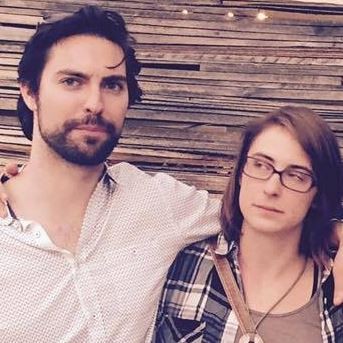
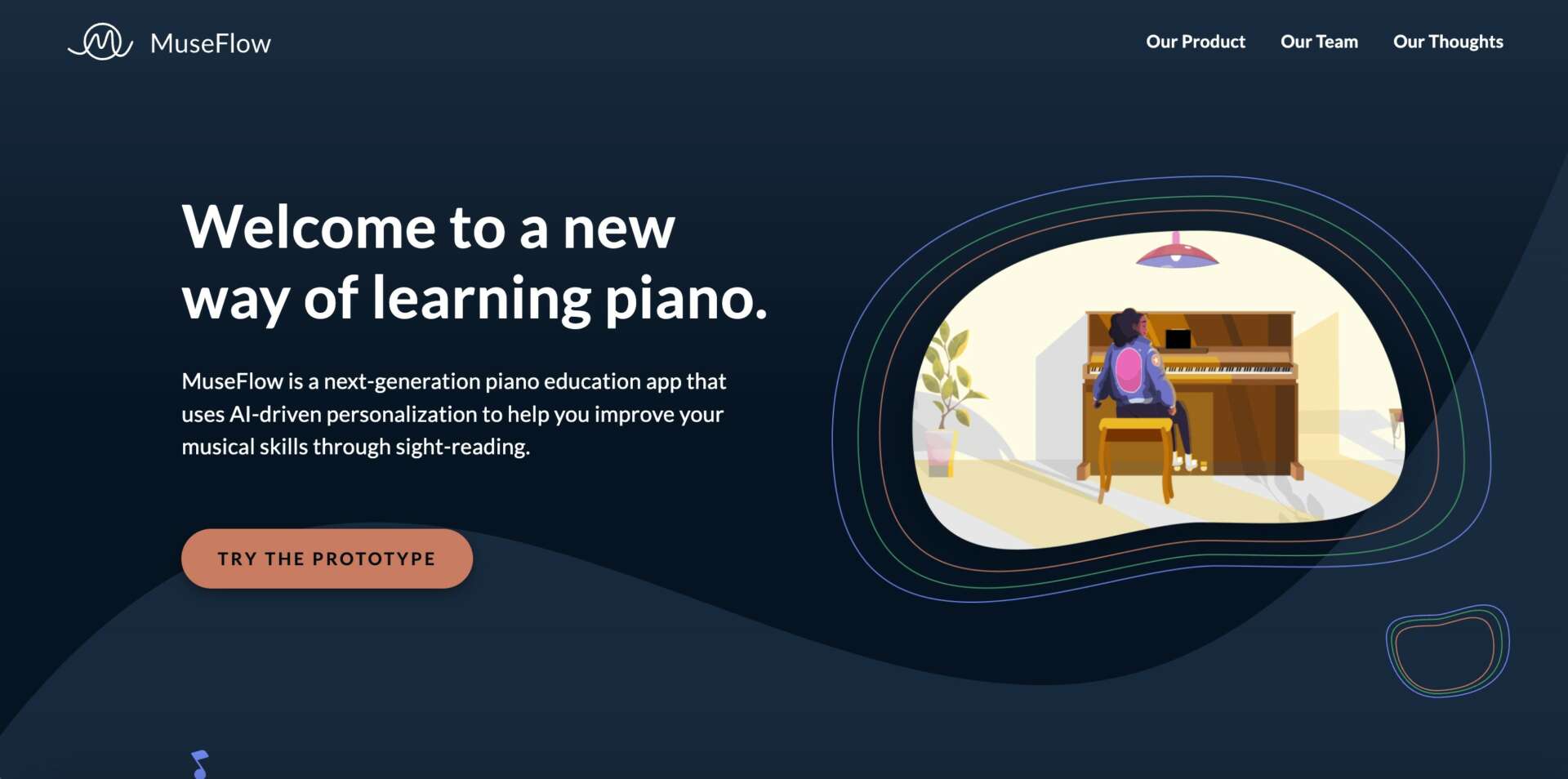
As always, we appreciate you sharing your insights and we’ve got a few more questions for you, but before we get to all of that can you take a minute to introduce yourself and give our readers some of your back background and context?
I was born and raised in Chicago. My mother worked in news while my father was an actor. I tried all the sports, but I wasn’t particularly talented in any of them. At the age of ten, I began playing the piano. When I told my parents I wanted to play, they asked me if I was sure, saying that it was a lifelong passion. I was determined, but with that determination came years of headaches.
Despite my teacher doing everything he was supposed to do within the traditional methods of teaching, I despised the way I was being taught. I was getting bored with the songs I was assigned to learn and didn’t keep up with regular practice. I became frustrated because I wasn’t seeing progress and wasn’t feeling the gratification and enjoyment of learning something new. My parents grounded me if I didn’t practice, and I started to hate it more and more.
Eventually, after five years, my teacher retired. I took a break from playing of course due to my frustration, but eventually returned out of curiosity. I ended up opening random books of sheet music and playing parts of songs I didn’t know. I memorized motifs and patterns within those songs, closed the book, and improvised around those themes. By doing this, I put the core building blocks of music into different musical contexts, learned them more thoroughly, and got into Flow.
This experience, years later, gave me the rough idea for MuseFlow. I brought that idea to my long-time friend, composer, and music educator, Steven Gizzi, and he said he had a similar idea himself, but wanted to include AI into the mix. We built out the idea together and came up with the core concept that is now at the heart of MuseFlow.
Studies show that if you engage students in a sort of gamified Flow throughout the learning process, they will find more gratification, have more fun, and see and feel their progress more thoroughly. This is at the core of the MuseFlow philosophy. We capture that “aha” moment and give it to our users over and over again. Not in a superficial way; capturing that “aha” moment and Flow State are at the core of what MuseFlow is. It’s not gamification for the sake of gamification. You can literally feel the moment you drop into Flow, and that’s quite incredible in my opinion. We don’t even have to try to make it happen for you when you play MuseFlow. It just naturally occurs. Now that’s what we call true gamification :).
This is ultimately how I ended up teaching myself out to play music, which allowed me to become a professional pianist myself. I play piano every weekend at a piano bar here in LA called Tramp Stamp Granny’s.
MuseFlow is more than just an app for learning music; it’s a manifestation of my personal journey in music education. It’s a tool for those who share my experience of having difficulty finding the joy in the traditional ways of learning music. It’s a method to learn and understand the building blocks of music in a way that feels like play. And it is my hope that MuseFlow will be the solution for those who, like me, were once (or are) lost in their music education process.
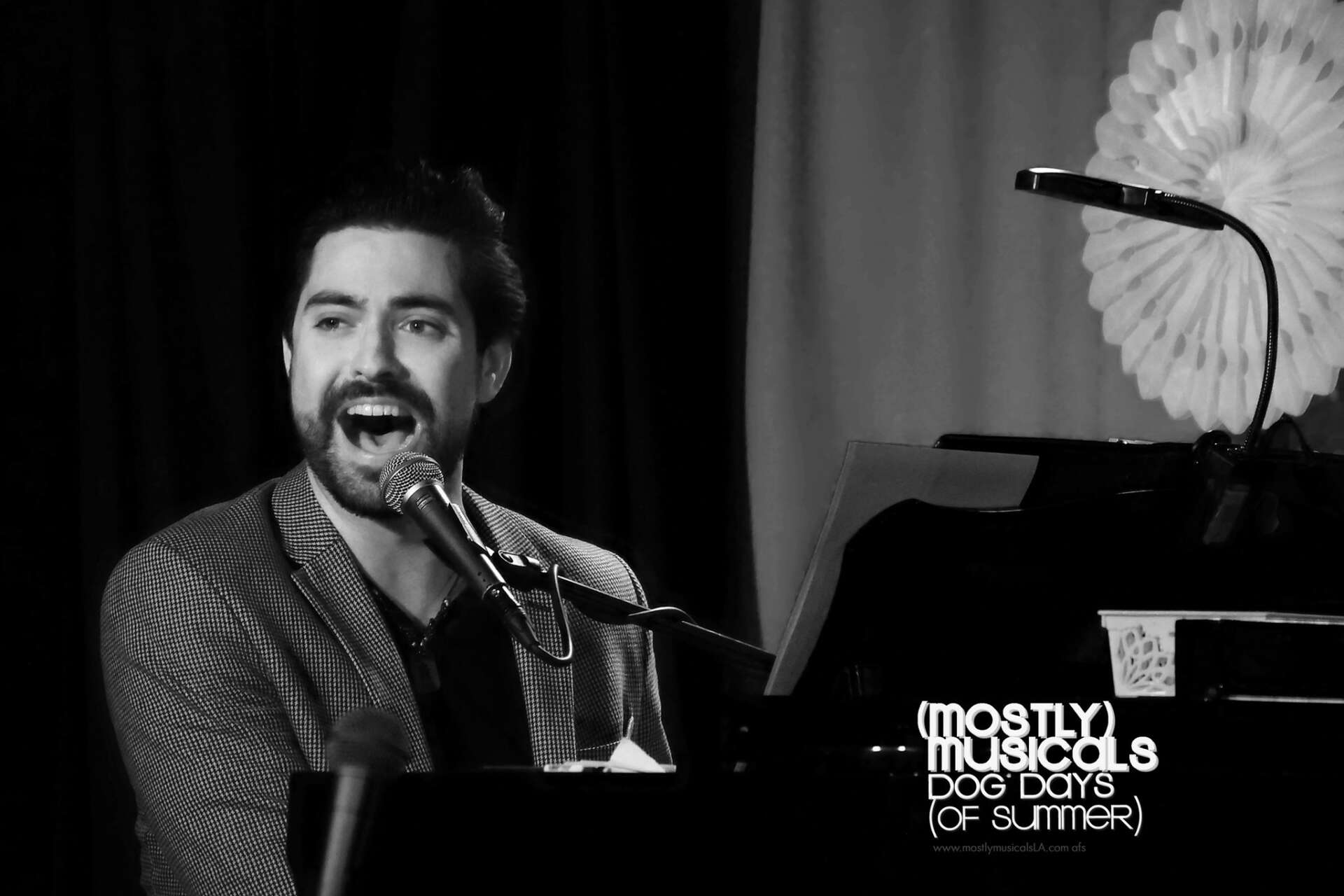
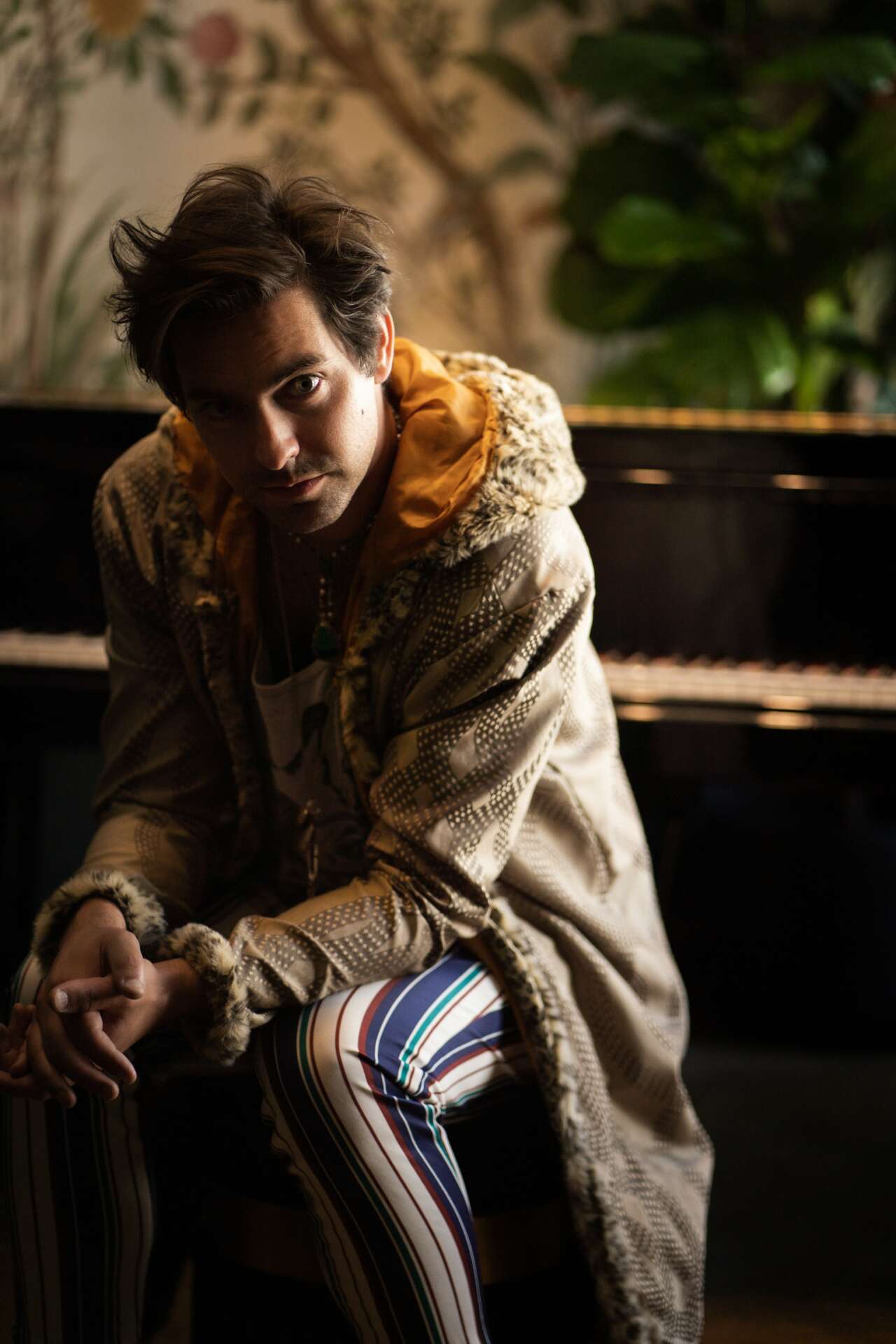
Do you have any insights you can share related to maintaining high team morale?
I believe the key for me to making any project of mine successful is maintaining a high level of excitement and motivation among my team members. To achieve this, I inspire my team through words of encouragement, praise, and genuine appreciation and excitement for their hard work and dedication.
As a leader, I think it’s important to practice egoless decision making, where my decisions are based on what’s best for the product and my team’s morale, not my personal gains. I am but a conduit, and the success of the project depends on the collective effort of everyone involved.
To be able to inspire my team effectively, I need to get to know each individual on my team. I learn their strengths and weaknesses, and understand how they respond to feedback. By doing this, I learn how to cater to their needs and help them achieve their full potential.
The success of any project depends on the people at the bottom. To be an effective leader, it is my responsibility to lift up and inspire my team to be the best they can be. So instead of blaming them when they make a mistake or take too long on a certain task, I ask them what they need to succeed, and work towards providing that for them at all costs. Once their needs are met, I try to give them what they want as well. By putting my team’s needs first and letting my ego fall by the wayside, I become a steward of, and for, my team; their advocate, and their leader at the same time. That’s the best type of leader in my opinion.
In the end, I firmly believe that a successful project hinges on the enthusiasm and dedication of team members involved, focused on the product that is being created, not any one team member or leader. By inspiring and supporting my team, practicing egoless decision making, and getting to know each person individually, I am able to create a positive and productive work environment. As a leader, I am committed to putting my team’s needs first and becoming a true steward for their success.
Are there any books, videos, essays or other resources that have significantly impacted your management and entrepreneurial thinking and philosophy?
I consider “Start Small, Stay Small” by Rob Walling, “Good to Great” by Jim Collins, “Designing Games” by Tynan Sylvester, and “The Almanack of Naval” by Eric Jorgenson as the books of my bible.
When my team and I started building MuseFlow, we realized that we needed to improve our product management skills. I took the initiative to learn Agile Methodology and became a Scrum Master (the leader of Agile work sprints, look it up if that term is unfamiliar with you) through a Udemy course. Additionally, I read “Product Management for Dummies” and implemented tools like Asana and Notion to manage tasks, keep track of our progress, and document any architectural decisions we made during our development process.
When it comes to the philosophy behind MuseFlow, “Finding Flow” by Mihaly Csikszentmihalyi was the first book to introduce the concept of Flow State. This state is achieved when you are so invested in a task that you lose track of time and become fully immersed in the activity. Our goal with MuseFlow is to capture this state and provide it to our users repeatedly. This book was instrumental in helping us develop and refine this concept, and apply it to music education.
Contact Info:
- Website: www.MuseFlow.ai
- Instagram: https://www.instagram.com/pboylan_official/
- Linkedin: https://www.linkedin.com/in/patrick-boylan-6b133248/
Image Credits
Jill Petracek @jill.petracek on IG Weslie Lechner @weslielechner on IG MuseFlow’s home page – www.MuseFlow.ai


